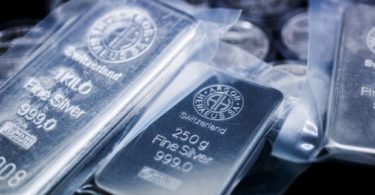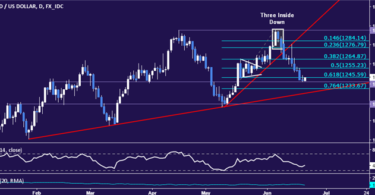Think Bitcoins are “hack proof” due to cryptography? Think again. Tens of millions of dollars worth of the crypto-currency have been digitally stolen by hackers. The biggest heists hit Bitcoin exchanges Mt. Gox and Bitfinex. More recently, South Korean Bitcoin exchange Yapizon was hacked out of more than $5 million.
Electronic banking and brokerage institutions are also vulnerable. A rogue government, a group of terrorists, or even a lone mischievous teenager could potentially crash markets by unleashing a debilitating computer virus or breaking into networks that undergird the financial system.
The worst-case scenario for the digital economy would be an electro-magnetic pulse (EMP) attack. An EMP could be triggered by an extreme solar flare or a nuclear detonation. In the event of an electro-magnetic pulse, large-scale economic disruptions could unfold as the power grid goes down and computer systems get fried.
If the Internet goes dark, then so does Bitcoin and other digital platforms. No online banking. Your ATM card may no longer work. A national “bank holiday” may have to be declared as a physical cash shortage sends the economy reverting to barter transactions.
Granted, this is an extreme scenario. But you don’t have to take extreme measures in order to protect yourself from it.
Reducing Your Vulnerability to Cyber Attacks: Simple Steps You Can Take
One of the most important steps to take to boost your resilience to digital threats is to hold tangible assets that aren’t dependent on, or connected to, the internet. Physical precious metals are a time-tested form of unhackable money.
Virtual ownership of metals in the form of futures, options, or exchange-traded products will leave you vulnerable to any of the major threats to the financial grid.
The upshot to owning low-premium bullion products you can hold in your hand is that it costs you nothing extra to obtain the protection and utility that physical metals provide.
We’re not suggesting that you pull everything out of your bank accounts and close all your credit cards – for now, they remain a convenience most of us won’t want to do without in our daily lives. (And we’re not saying to steer completely clear of cryptocurrencies either.)
But you can and should take steps to make your accounts at least somewhat more secure:
- Close any dormant accounts that you no longer use.
- Keep paper records, including statements, from accounts you access online.
- Strengthen your passwords by lengthening them or using a password manager.
- Avoid storing sensitive information directly on cell phones or other commonly stolen/ hacked devices.
- Check your credit report regularly for signs of identity theft.
- Install anti-virus software on your devices and keep it up to date.
For the portion of your wealth you want to secure in physical, off-the-grid metal, make sure you keep it far removed from the banking system. That means not storing your precious metals in a bank safe-deposit box that could be raided or rendered inaccessible during a financial crisis.
Keep at least some portion of your gold and silver stash stored in a home safe for immediate accessibility at all times. And keep quiet about it! Your neighbors don’t need to know all about your pure silver bars or your shiny gold Krugerrands.
Full story at Activist Post





